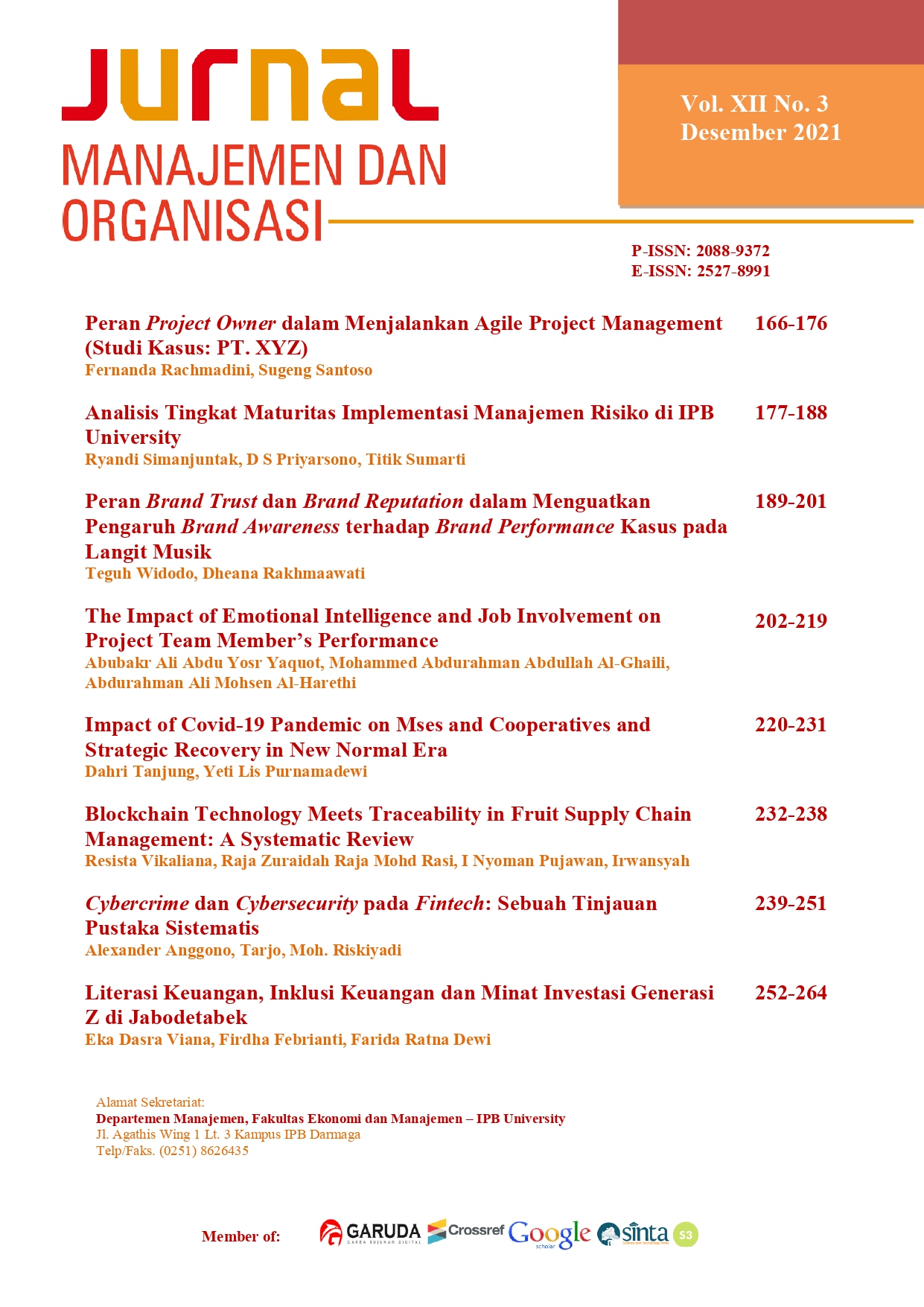Literasi Keuangan, Inklusi Keuangan dan Minat Investasi Generasi Z di Jabodetabek
Abstract
Indonesia's population is dominated by productive age, which is expected to contribute to boosting economic growth and improving people's welfare. The number of the young generation (Generation Z) is an advantage for Indonesia's demographics as well as opportunities and challenges in carrying out digital transformation, both in financial literacy and in the provision of products and services. However, the Financial Services Authority (OJK) in 2019 stated that the level of financial literacy and financial inclusion in Indonesia remains low. This condition might be due to the lack of understanding to the various financial products and services offered by formal financial services institutions. Significantly, Generation Z has realize responsibility for their financial condition and is starting to honourably the importance of investing. Therefore in this study, the level of financial literacy and inclusion of Generation Z in Jabodetabek was studied in order to analyze the effect on investment interest in the capital market. Descriptive analysis and Structural Equation Modeling (SEM) – PLS analysis were used for data generation. The results of this study reveal that the level of financial literacy and the average financial inclusion of Generation Z in Jabodetabek are in the well literate category, financial literacy has no effect on investment interest, in contrary, the financial inclusion has an effect on investment interest.


.jpg)




